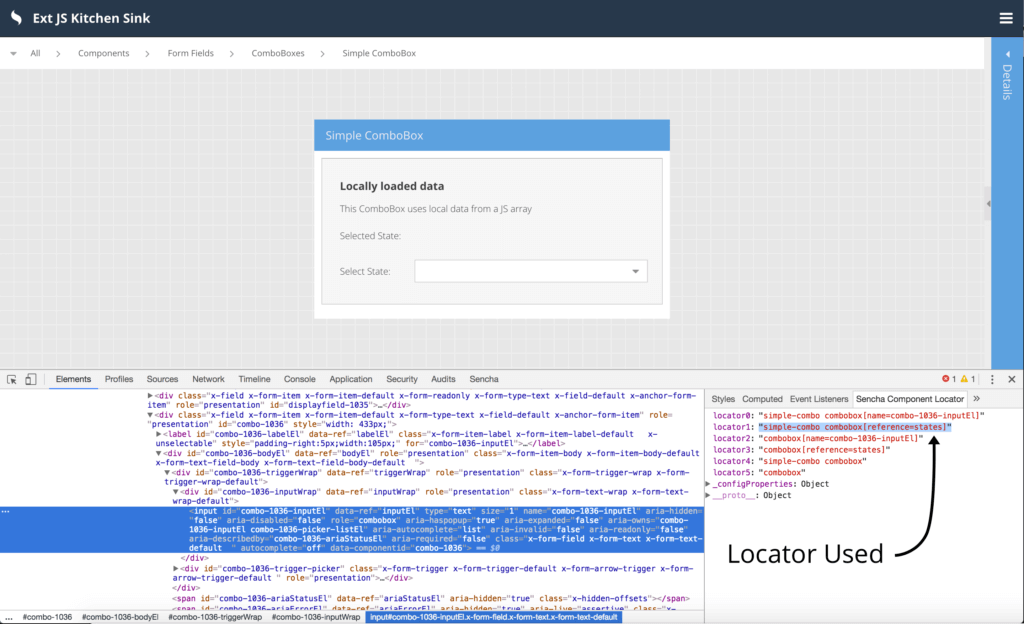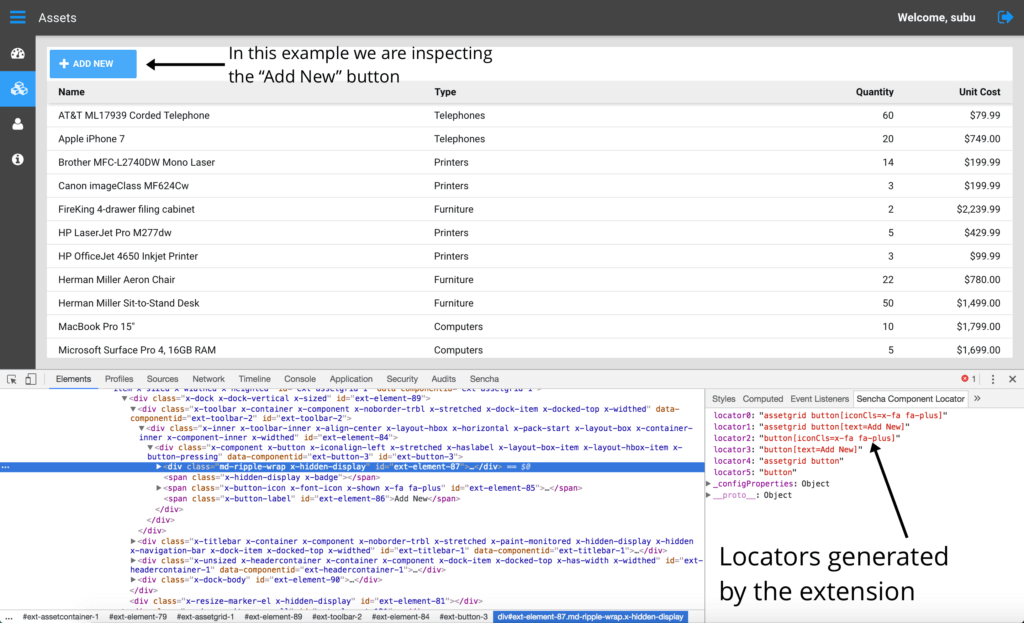Deconstructing Test Automation of Web Apps for Manual Testers – Your Questions Answered
We recently hosted a webinar, “Deconstructing Test Automation of Web Apps for Manual Testers,” and we had a great turn out with a very interactive audience. While we answered many questions during the Q&A session, we couldn’t get to all of them. In this article, we’ll cover some of the top questions that may help you as you’re building your test plans.
Watch the webinar recording: Deconstructing Test Automation of Web Apps for Manual Testers
Does Sencha Test only work with Chrome or can I use it with Firefox too?
Sencha Test supports the following browsers:
- Safari 6+
- Firefox
- IE8+
- Microsoft Edge
- Chrome
- Opera 15+
- Safari / iOS 7+
- Chrome / Android 4.1+
- IE 10+ / Win 8
I see that Sencha Test works with JavaScript. Can I use it with the .NET platform?
Currently, Sencha Test allows programming only with JavaScript.
Can Sencha Test be integrated with a pre-built Selenium web application?
Sencha Test is integrated with the Jasmine framework and leverages WebDriverIO to interact with the browser. Tests have to be written in JavaScript using the Jasmine syntax.
I know I can use the Chrome locator extension, but I was having trouble targeting an associated dropdown list from a combobox. I have the xtype of the combobox to target the component, but the dropdown list that’s associated with it is rendered separately. How should I target the associated dropdown list (to test out selecting an option)?
Here is the generic syntax that you should use:
ST.comboBox('#futureCmp') //#locator obtained from the extension or recorder
.expand()
.element('boundlist => [data-recordindex=\"1\"]') //select the 2nd option
.click();
Here is an example from the kitchen sink:
ST.comboBox('combo[reference="states"]')
.expand()
.element('boundlist => [data-recordindex="1"]')
.click();
How can we use Sencha Test with our Ext JS application that has the navigation and main page in different frames?
Sencha Test supports page navigation scenarios, and it’s possible to write tests using the Sencha Test APIs that span across multiple pages.
Does Sencha Test work with Ext JS 2.3.x?
Sencha Test works with Ext JS framework versions 4.2 and above.
Is the Sencha component add-on a new version?
It’s a free Chrome extension.
Will the event recorder be available for Ext JS framework versions earlier than 6.0?
Yes, event recorder supports Ext JS framework versions 4.2 and above.
How can I find the sample tests?
The sample tests are available on GitHub. Instructions on how to create an account and how to use the sample tests are provided there as well.
Regarding separation of UI and business logic, what if the UI is dependent on the business data? For example, if the price of something is > $100, the UI displays it in red, rather than green. Don’t you need to test the business logic that causes the UI change?
You should absolutely test the business logic. The UI change happens to be at the end of the flow, and that makes it a critical business requirement. The only validation here is checking for the UI change.
Consider a case where you have to check if pricing logic is displaying the right price and also that it displays a congratulations message in green. In that case, it’s best if you separate the two tests.
How can I construct component queries that I see on the screen?
If you aren’t an Ext JS developer, then you probably haven’t heard of a component query. You can download the Sencha Component Locator extension for Chrome and inspect the element using the developer tools in Chrome. When you select an element or component in the application, the extension shows the best possible locator available for the Ext JS component that has been selected.
Next Steps
Interested in learning more about Sencha Test? Sign up to receive our weekly Sencha Test Tip of the Week emails. You’ll learn best practices, tips, and tricks.

React is perhaps the most widely used web app-building framework right now. Many developers also…

React’s everywhere. If you’ve built a web app lately, chances are you’ve already used it.…

Join 5,000+ developers at the most anticipated virtual JavaScript event of the year — August…











